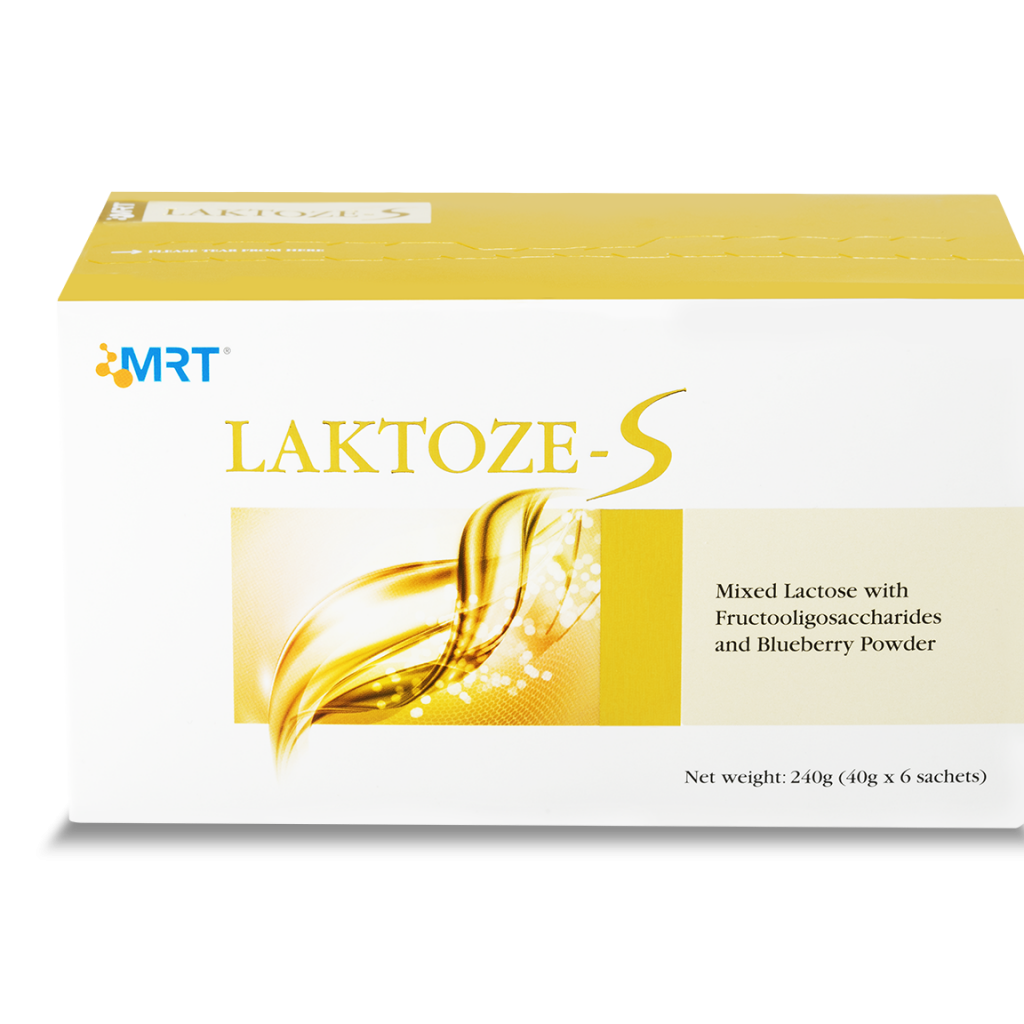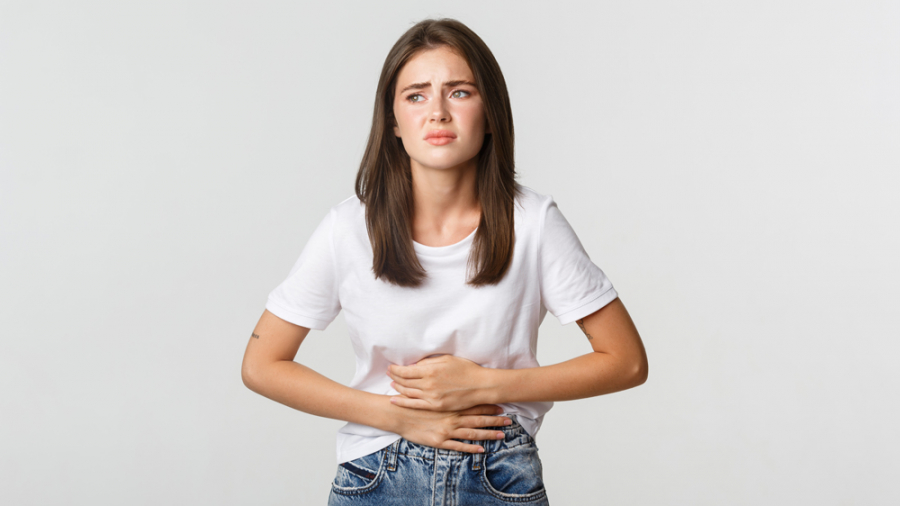Ageing can be a blessing and a curse. On the plus side, you get to relax and enjoy more time with loved ones. But inevitably, health challenges will grow, including digestive health issues. Gone are the days when you can pass anything through your system easily. Now, you have to be cautious of what you put inside your body.
Problems with digestion can occur at any age, but constipation becomes more common as people get older, affecting about 1 in every 2 persons over the age of 80.1 The most common symptom of constipation in elderly persons is straining rather than reduced stool frequency. A lot of the elderly face difficult or painful bowel movements, infrequent bowel movements, and hard, dry stool.2
Why is constipation more common as you age? Well, this familiar uncomfortableness can be caused by several reasons:
1. Dietary habits that are not ideal
There is a reason why you should watch your diet from a young age. Constipation can occur if you do not consume enough high-fibre foods such as vegetables, fruits, and whole grains. If you have been consuming a lot of high-fat meats, dairy products, and eggs, as well as rich desserts and sugary sweets, this habit can lead to constipation as well.
Cooking and eating may seem unappealing to those who live alone. As a result, they begin to rely on prepared foods. These foods are poor in fibre and may cause constipation. Furthermore, those who have tooth issues prefer to eat mushy, processed meals that contain minimal fibre.3
It’s best to eat a healthy diet from a young age and learn some healthy recipes you can enjoy if you live alone. This way, you can reduce health problems in your old age.
2. Not enough hydration
Adequate hydration is critical to ensure good health and excellent functioning of our digestive system. It’s important to drink enough water at any age.
It can be more of a problem for elderly people who take diuretics for high blood pressure or heart failure. Diuretics reduce blood pressure by causing you to urinate more frequently, which causes you to shed extra fluid. Some people may avoid drinking enough fluids in order to prevent having to go to the restroom during the day. You might become dehydrated if you urinate more and drink less.4
Every day, try to drink 8 glasses of unsweetened fluids to hydrate the body. You should also limit the consumption of alcohol and caffeinated drinks, which can cause dehydration.
3. Use of medications
Older people take more medications, and some medications can cause constipation, such as calcium channel blockers used for high blood pressure. Among the common medications that cause constipation are5:
- Opioid pain relievers
- Nonsteroidal anti-inflammatory drugs (NSAIDs)
- Antihistamines
- Tricyclic antidepressants
- Urinary incontinence medications
- Iron supplements
- Blood pressure medications
- Anti-nausea medications
It’s important that you consult with your doctor if you experience constipation after taking some medications.
4. Lack of exercise or inactivity
As you get older, you may become less active. Being active since young is best, but you can always try to engage in activities like jogging, swimming, or gardening to get yourself going.
Constipation is uncommon in those who exercise regularly. Essentially, the colon responds to activity. Regular bowel motions require a good muscular tone in general. The abdominal wall muscles and the diaphragm all play important roles in the defecation process. If these muscles are weak, they will be unable to perform as well. However, exercise is not a cure for everything. Increasing physical activity to relieve constipation may be more beneficial in older individuals, who are more sedentary, than in younger ones.6
Constipation relief
You can try the following to relieve constipation as well as to prevent it from happening7:
- Drink enough water every day
- Limit your intake of alcohol and caffeinated beverages, both of which increase dehydration.
- Include fibre-rich foods in your diets, such as fresh fruits and vegetables, whole grains, beans, prunes, and bran cereal. Your daily fibre intake should range between 20 and 35 grams.
- Reduce your consumption of low fibre items such as meat, milk, cheese, and processed meals.
- Aim for around 150 minutes of moderate activity each week, with a daily objective of 30 minutes at least five days per week. Consider going for a stroll, swimming, or biking.
- Don’t put off having a bowel movement if you have the need. The more you wait, the more difficult your stool will become.
- Ask your doctor if your medications can cause constipation, and what are the ways to manage the symptoms.
- Use supplements that can improve constipation.
If you want to improve bowel movement by removing stubborn stools, you can try Laktoze-S in your daily drink. Best of all, a drink formula like Laktoze-S is a delicious supplement, which you can mix with cold water, fresh milk, or fruit juice.
Laktoze-S by Elken contains a swift and strong formula to eliminate toxins and revive a healthy digestive system. Laktoze-S is a unique formula with symbiotic effects containing lactose, FOS, dextrin and probiotics that swiftly replenish good bacteria in the gut and improve bowel movement to remove stubborn stools and resolve constipation problems.
Regular intake helps to:
- Stimulate strong bowel movement to remove toxins & stubborn stools in a natural and rapid way.
- Sweep the inner lining of the gut.
- Stabilise your gut environment & strengthen immunity by promoting the growth of good bacteria.
To learn more about Laktoze-S, please go to https://www.elken.com/health-wellness/laktoze-s/

Sources:
1 https://www.ncbi.nlm.nih.gov/pmc/articles/PMC3652936/
2 https://www.webmd.com/digestive-disorders/features/digestive-health-aging
3 https://www.nia.nih.gov/health/concerned-about-constipation
4 https://www.webmd.com/digestive-disorders/features/digestive-health-aging
5 https://www.singlecare.com/blog/medications-that-cause-constipation/
6 https://www.health.harvard.edu/diseases-and-conditions/common-causes-of-constipation
7 https://www.healthline.com/health/constipation#relief-and-treatment

